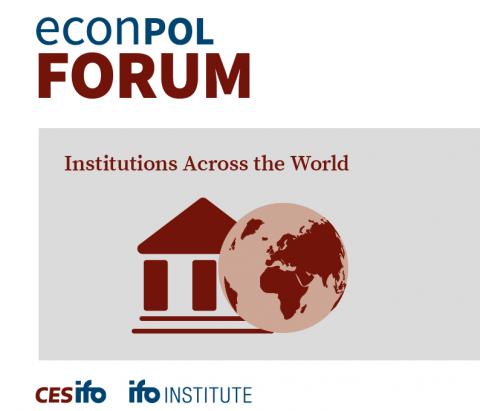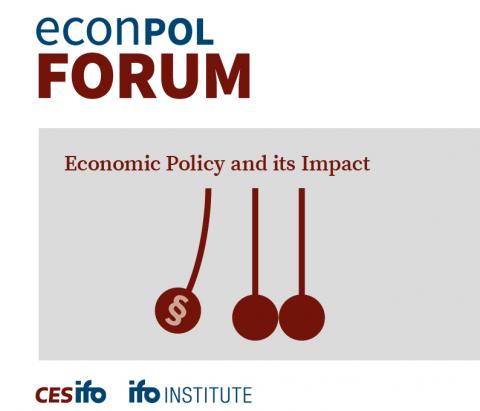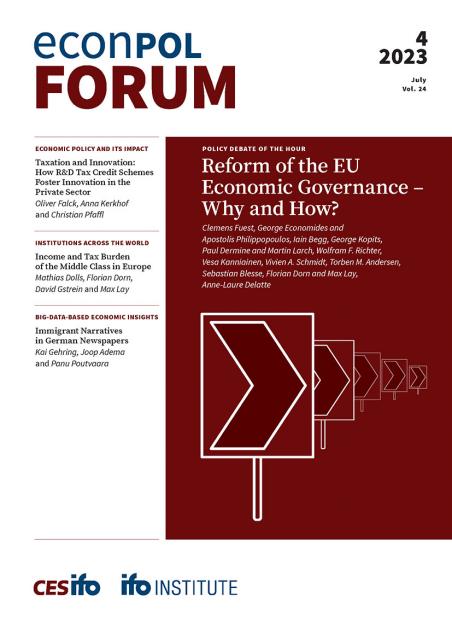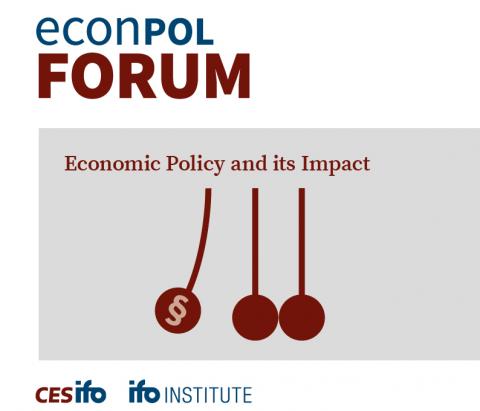EconPol Forum (formerly CESifo Forum) is a quarterly English-language journal to bring economic analysis on topics of worldwide interest along with policy advice to a broad range of policymakers and the public.
In September 2022 the CESifo Forum was restructured into four sections under the new EconPol brand. The first, Policy Debate of the Hour, recognizes the constantly evolving nature of policy challenges, focusing on the most pressing issues of the times. Leading researchers are invited to share their insights and policy conclusions. The Economic Policy and its Impact section assesses economic policies and develops robust evidence for their optimal design and implementation. In the Institutions Across the World section, contributors focus on the key role that institutional design plays in shaping socio-economic outcomes, often by comparing institutions across economic and political systems. Finally, Big Data-Based Economic Insights presents articles that glean economic policy advice from the exploitation of large, complex datasets.




